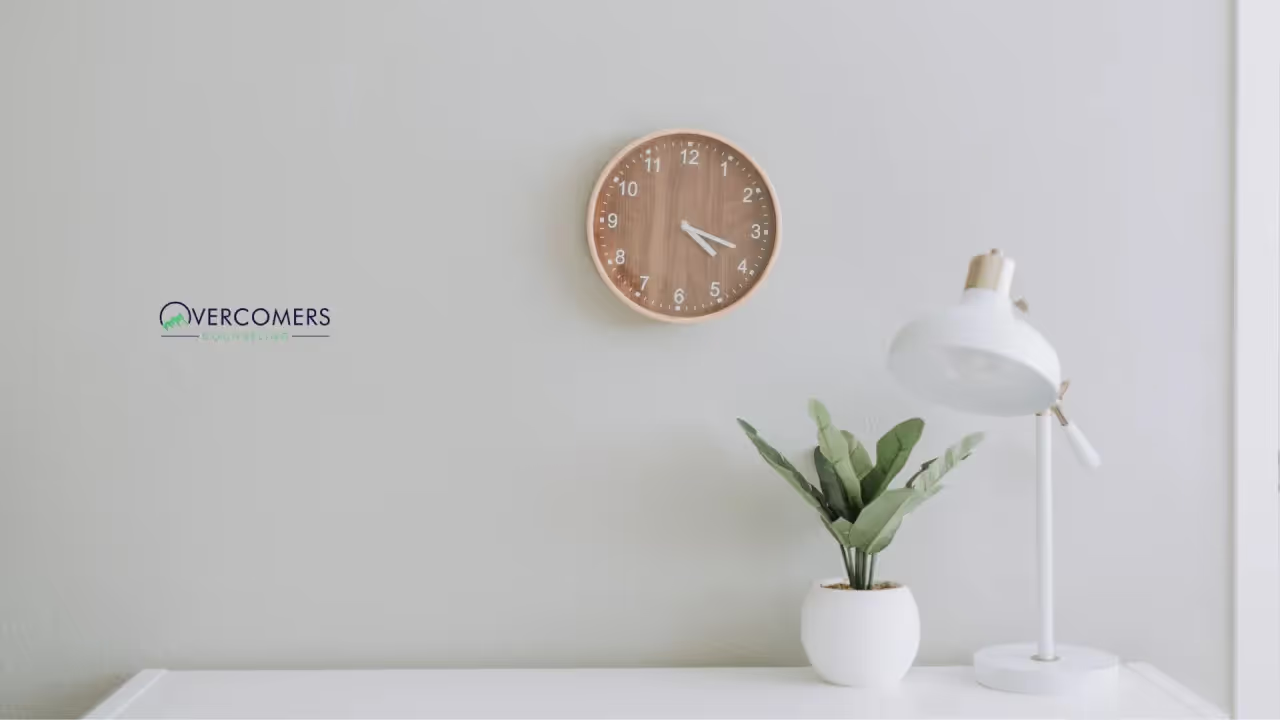If you have bipolar disorder, you've probably gone through mood episodes, also known as mood swings, which are characterized by changes from a neutral mood...

If you have bipolar disorder, you've probably gone through mood episodes, also known as mood swings, which are characterized by changes from a neutral mood to mania or sadness. Various factors can trigger these episodes, and sometimes, the triggers may not be apparent, which is also why having support for bipolar disorder is essential. By seeking support and tracking your moods, you can better understand your condition, identify patterns, and take proactive steps to manage your symptoms. One of the tips for tracking your mood is using mood-tracking apps. Mood-tracking apps are very efficient because they are easily accessible and don't require too much effort to use. This makes them a very useful tool to help you keep track of your moods.
Also, a crucial aspect of tracking your mood involves you taking your medication as prescribed. This can help you adequately and accurately track your mood. If you are trying to track your mood while you are inconsistent with taking your drugs, you are bound to have inaccuracies. Another example of useful tips for tracking your mood that you should note is recognizing your triggers and early signs. In the first place, the purpose of tracking your mood is so that you can look out for anything that can lead to a relapse. This makes it important to recognize when you feel your mood shifting or changing in any way. Read on to learn more tips for tracking your mood.
When it comes to managing bipolar disorder, mood-tracking apps are game changers. With so many apps at your disposal, choosing one that works best for you is easy. Mood Tracker, for example, is a free app that allows you to track your moods on a scale of 1-10 and add notes about your medication, therapy sessions, and other relevant details. Moods is a comprehensive app that tracks your mood, sleep patterns, medicines, and symptoms. Using mood-tracking software can assist you in identifying patterns and triggers that you may have missed previously. You may find your mood is lower in the mornings or after specific activities, such as social gatherings or work meetings.
Based on this knowledge, you may make informed decisions regarding your daily routine and change your actions. One of the most important benefits of mood monitoring applications is the ability to share your data with your healthcare physician. This can help you and your doctor develop a more effective treatment plan. Mood-tracking apps provide insights into your mental health. They can also help you take control of your condition by keeping note of your moods, sleep habits, and other important facts.

Keeping a mood chart is a tried-and-true strategy for documenting bipolar disorder symptoms that is still useful today. A mood chart can be made with various methods, including pen and paper, Excel spreadsheets, and even bullet journals. You can spot patterns and trends by keeping a daily mood diary to help you manage your symptoms more effectively. A bullet journal is an example of a mood chart. Bullet journals are a popular organizational tool that may be tailored to your specific requirements. You can designate a page to your mood chart and illustrate your mood and other vital information with symbols, colors, or stickers. This can be a creative and enjoyable approach to assessing your mental health while also expressing your individuality. You can take proactive efforts to control your symptoms by tracking these trends, such as practicing relaxation techniques or avoiding certain triggers.
The key to managing your mood as a person with bipolar condition is understanding your triggers and early warning symptoms. You can regulate or minimize mood swings by recognizing the factors that set them off. The process can be difficult because everyone has different triggers. However, stressful life events, routine or sleep pattern changes, or the use of particular drugs or substances can also trigger bipolar disorder. This is why tracking and recording your triggers in a journal or mood chart when you've determined them is essential. For instance, you can try to maintain a regular sleep pattern if you find that your mood tends to decline following a night of poor sleep.
Another example of some tips for tracking your mood is to take your medications as prescribed by your doctor. While taking drugs may not be the most pleasurable aspect of living with bipolar disorder, it is essential to your mental health. To maintain stability, many people with bipolar disorder require a mix of medications, including mood stabilizers, antidepressants, and antipsychotics. You must follow the instructions given by your physician and take your prescription at the same time every day. Skipping doses or changing your prescription schedule can result in mood fluctuations, relapse, or worse symptoms.
Setting up and sticking to a sleep routine is a good way to keep track of your mood when you have bipolar disorder. Maintaining a consistent sleep pattern can assist in regulating your circadian clock and lower your risk of mood episodes caused by sleep disruptions. For example, if you observe that you tend to have manic or depressed episodes after a night of bad sleep, this could indicate that irregular sleep patterns are a trigger for you. Setting the alarm for the same time each morning and maintaining a regular nighttime routine will help you establish a consistent sleep schedule. Activities such as taking a bath or practicing relaxation techniques may fall under this category. You may communicate to your body and mind that it's time to prepare for sleep by developing a peaceful bedtime ritual.
Managing bipolar disorder requires a multifaceted approach, and having support for bipolar disorder is crucial in your journey to recovery. Tracking your mood is an essential part of that approach. A few tips for tracking your mood include using mood-tracking apps, maintaining a mood chart, recognizing your triggers and early signs, taking your meds as prescribed, and setting up and sticking to a sleep routine.
https://www.everydayhealth.com/bipolar-disorder/bipolar-disorder-mood-swings.aspx
https://psychcentral.com/lib/self-help-strategies-for-bipolar-disorder#become-an-expert
https://www.betterhealth.vic.gov.au/health/healthyliving/monitoring-your-mood
https://www.bphope.com/bipolar-buzz/5-helpful-apps-for-people-with-bipolar-disorder/
Supporting someone with bipolar disorder starts with compassion, patience, and a solid understanding of what they’re navigating. Offer steady emotional support, encourage them to stay connected to treatment, and avoid taking their symptoms personally. And remember, caring for yourself matters too. Overcomers Counseling can help guide both you and your loved one through these ups and downs.
Living with bipolar disorder can feel like riding a roller coaster you didn’t exactly sign up for—episodes of deep depression on one end and bursts of high energy or euphoria on the other. Everyone’s experience looks a little different, and at Overcomers Counseling, we recognize that your story deserves to be understood on its own terms.
Absolutely. Bipolar disorder may be a lifelong companion, but with consistent treatment and support—like the kind offered at Overcomers Counseling—you can build a life that feels steady, healthy, and genuinely yours. Think of it like learning to drive on a windy mountain road: tricky at first, but totally manageable with the right guidance.
Five common signs of bipolar disorder include dramatic shifts in mood, energy, and activity levels. This often shows up as episodes of mania—high energy, excitement, or irritability—and episodes of depression marked by sadness or hopelessness. Other signs may include disrupted sleep, racing thoughts, and impulsive or risky decisions. If these sound familiar, Overcomers Counseling can help you sort through the noise and find clarity.
There isn’t one single cause of bipolar disorder—it’s usually a blend of genetics, brain chemistry, and life experiences like stress or trauma. Think of it as a complex puzzle with several interconnected pieces. When you’re ready to make sense of those pieces, Overcomers Counseling is here to help you put the picture together.